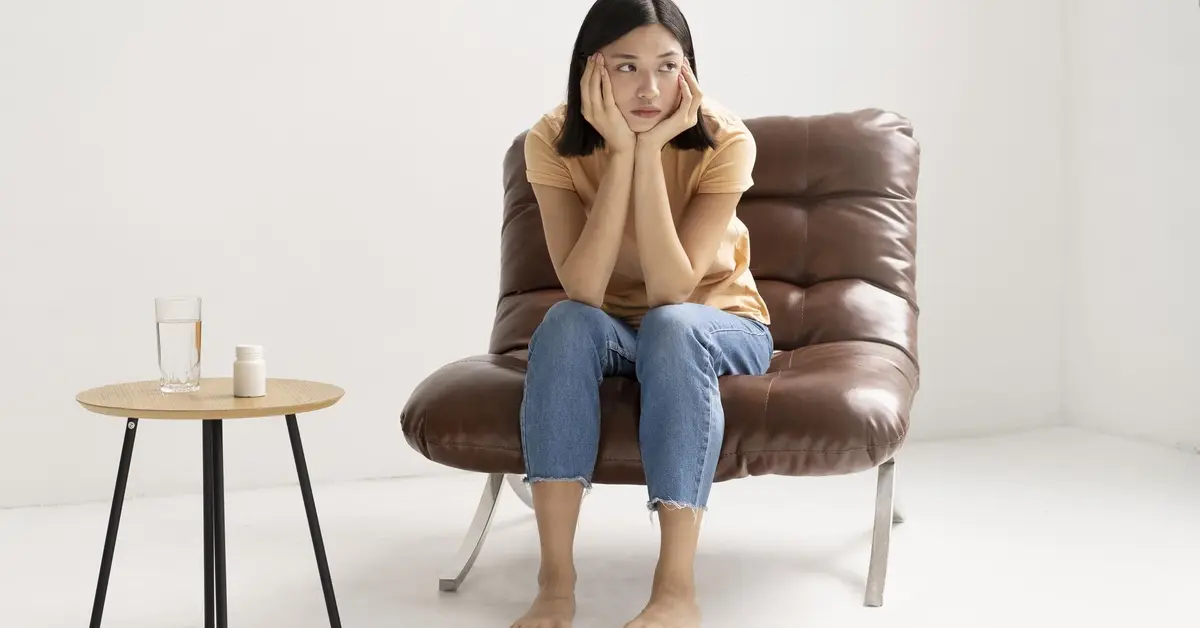This article was reviewed by Dr Renee Tan Huey Jing.
When you discover that a loved one or friend is struggling with depression or other mood disorders, you might feel helpless, confused, and unsure of what to do. Your care and support are a crucial force in helping them through this difficult time. This article will provide you with some practical advice on how to help and care for the person you love.
1. Understand and Accept: It’s an Illness, Not a Character Flaw
First and foremost, you need to realise that depression and mood disorders are real illnesses, just like a cold or high blood pressure. They are not caused by someone “thinking too much” or having a weak will.
- Don’t Judge: Avoid saying things like, “just cheer up,” “be happy,” or “why don’t you go for a walk?” These phrases are unhelpful and can make them feel even more pressure and guilt.
- Listen Patiently: Give them a safe space to express their feelings freely. Don’t rush to offer advice or solutions. Sometimes, simply having someone willing to listen is a huge source of support.
2. Offer Practical Help: Start with Small Things to Ease Their Burden
People with depression may find even the most basic daily tasks difficult. Your help can start with some small, practical things:
- Be a Companion: You don’t always have to talk; you could just go for a walk together, watch a film, or do some simple chores.
- Sometimes, the best support is simply reminding them that you are not alone and that you will be there when they need support.
- Assist with Medical Care: Accompany them to see a doctor or therapist. Help them book appointments and remind them to take their medication on time. This is a crucial step.
- Help with Household Chores: Assist them with things like tidying their room, doing the shopping, or cooking. This can help to alleviate their day-to-day stress.
3. Encourage Professional Treatment: This is the Key to Recovery
While your support is vital, professional medical intervention is the key to recovery from depression and mood disorders.
- Find Resources: Help them find a reliable psychologist or psychiatrist.
- Encourage Treatment: Gently encourage them to seek therapy or take medication. You could say something like, “Let’s look into it together and see what a doctor can do to help.”
- Respect Their Privacy: During their treatment, respect their privacy and don’t share details of their condition with others without their permission.
4. Look After Yourself: You Are Not Alone
While helping others, don’t forget to look after yourself. This is a long journey, and if you become exhausted, you won’t be able to help them effectively.
- Find Your Own Support: Talk to your own friends, family, or a trusted therapist about your stress and confusion.
- Maintain a Healthy Lifestyle: Make sure you’re getting enough sleep, eating a healthy diet, and exercising regularly.
- Set Boundaries: While helping them, remember to have your own life. Don’t completely sacrifice your time, energy, and emotions. This is not only unfair to you but also unhelpful to them.
Conclusion
When a friend or family member is facing depression and mood disorders, they need your understanding, patience, and support. By learning how to properly help and care for them, you can become their strongest pillar of support. This is a long and challenging journey, but please believe that with professional treatment and your loving companionship, they will have the chance to move out of the darkness and start a new life.
Sources
- National Health Service (NHS) , How to help someone with depression (https://www.nhs.uk/mental-health/advice-for-life-situations-and-events/how-to-help-someone-with-depression/)
The information provided in the articles is intended solely for educational purposes and is not a substitute for professional medical advice, diagnosis, or treatment. Always seek the guidance of a licensed healthcare professional if you are feeling unwell or have any medical concerns.
This article was reviewed by Dr Renee Tan Huey Jing.
Dr Renee Tan Huey Jing is a highly experienced psychiatrist in Malaysia, specialising in mental health and psychiatric disorders. She has extensive expertise in treating conditions such as post-traumatic stress disorder (PTSD), major depressive disorder, childhood trauma, and anxiety disorders.
Disclaimer: 365Asia aims to provide accurate and up-to-date information, our contents do not constitute medical or any professional advice. If medical advice is required, please consult a licensed healthcare professional. Patient stories are for general reading. They are based on third-party information and have not been independently verified.



